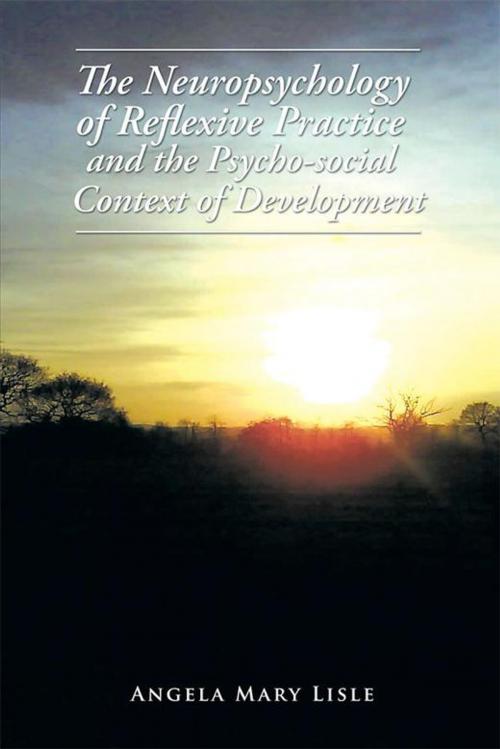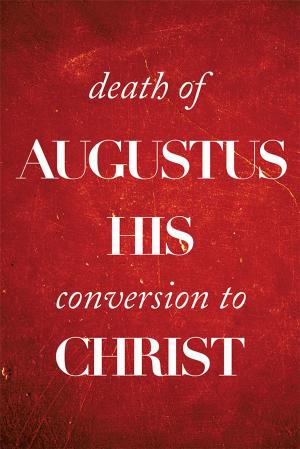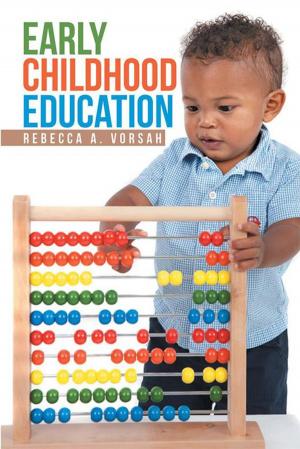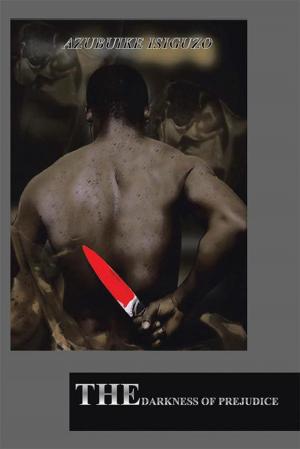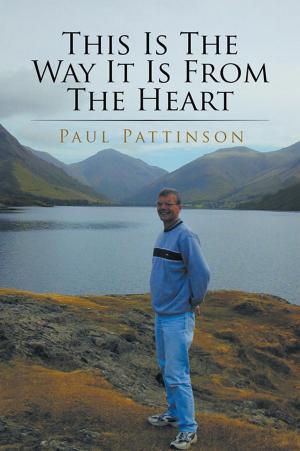The Neuropsychology of Reflexive Practice and the Psycho-Social Context of Development
Nonfiction, Reference & Language, Education & Teaching, Educational Theory, Educational Psychology| Author: | Angela Mary Lisle | ISBN: | 9781499090475 |
| Publisher: | Xlibris UK | Publication: | May 22, 2015 |
| Imprint: | Xlibris UK | Language: | English |
| Author: | Angela Mary Lisle |
| ISBN: | 9781499090475 |
| Publisher: | Xlibris UK |
| Publication: | May 22, 2015 |
| Imprint: | Xlibris UK |
| Language: | English |
Here reflexive practice is approached from a psycho-social context in education and includes discussions about the postmodern reflexive turn. Building on the Marxian-Vygotskian critical theory of dialectical historical materialism, reflexive practice is explored as a form of action research overtime in an ever revolving cycle of action and reflection. This is the genesis of Marx's dialectical historical materialism because reflexive practice is the development of ideas from material practice. The research is based on my reflexive practice in education. The notion that ideas are generative of reflexive practice as a metacognitive function and dialectic of brain-mind is partly evidenced in my book using neuropsychological theory and research. Neurobiological brain matter is mapped to cognitive functions such as consciousness, long and short term memory and rehearsal. The book is full of newly developed theory supported with research from the neurosciences, psychology, sociology and education! Cognition and identity develop in a psycho-social context. For example, reflexive practice is a negotiation of the situation the outcome of which involves changes in cognition and changes in identity. The changes constitute the ontological development of the individual in a psycho-social community, the community that represents the phylogenetic community of human beings. The understanding of identity development I expand on is the social construction of early years practitioner identity within the education sector of the UK. Influences upon the social construction of early years identity like the fast growing international context of educational pedagogy are explored.
Here reflexive practice is approached from a psycho-social context in education and includes discussions about the postmodern reflexive turn. Building on the Marxian-Vygotskian critical theory of dialectical historical materialism, reflexive practice is explored as a form of action research overtime in an ever revolving cycle of action and reflection. This is the genesis of Marx's dialectical historical materialism because reflexive practice is the development of ideas from material practice. The research is based on my reflexive practice in education. The notion that ideas are generative of reflexive practice as a metacognitive function and dialectic of brain-mind is partly evidenced in my book using neuropsychological theory and research. Neurobiological brain matter is mapped to cognitive functions such as consciousness, long and short term memory and rehearsal. The book is full of newly developed theory supported with research from the neurosciences, psychology, sociology and education! Cognition and identity develop in a psycho-social context. For example, reflexive practice is a negotiation of the situation the outcome of which involves changes in cognition and changes in identity. The changes constitute the ontological development of the individual in a psycho-social community, the community that represents the phylogenetic community of human beings. The understanding of identity development I expand on is the social construction of early years practitioner identity within the education sector of the UK. Influences upon the social construction of early years identity like the fast growing international context of educational pedagogy are explored.
